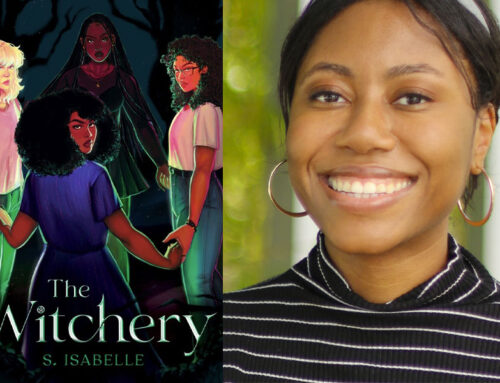
Some of the most poignant stories about people of color have come from writers of a different race.
Writing a Character Who Isn’t Your Race
Written by: Jada Davis
September 17, 2020
What is the most popular advice given to writers who are just starting out? The answer, I hear the most is that I should draw on my own experiences to make my characters realistic.
But what if the protagonist of your story is not the same race as you? Should you even write the character? This remains a divisive topic in the writing community, but in summary: yes, you should. Some of the most poignant stories about people of color have come from writers of a different race. Think Clockers by Richard Price or even Stan Lee’s Black Panther. However, when you tell a story and experience that you have not personally had, you need to consider these points:
Is your story about race?
Writing a character of ethnicity is the same as writing a character who shares the same race as you. Everyone feels grief, love, jealousy, and happiness. People are shaped by their surroundings, sexuality, faith, and so on. You can think back to how you felt in certain situations. How you felt growing up the way you did and give those feelings to your characters. BIPOC (Black, Indigenous, People of Color) feel the same emotions that you do, albeit in a different cultural context. It would require extra work if your story is centered on race or culture, For instance, a story about what it’s like growing up as an Asian-American immigrant in the 1990’s.
Do Your Research
This goes without saying. You should always do your research before you begin writing any story. However, when writing about experiences that you aren’t familiar with, it’s better to thoroughly research your topic. You should also get in contact with someone who is of that race. It could be an expert on the culture or has a firsthand account to legitimize your story. With their permission, you could even use their experience and weave it into your work. If you want to take it a step further, try to live out your character’s experience. Visit some of the scenes mentioned in your script or by putting yourself into similar situations.
Put your story in front of a beta-reader
So, you’ve done your research and you’ve talked to your sources, what’s next? You should also make sure to get someone to read your writing once it’s completed. Someone reading from a different perspective will spot things that you might miss. Some you might fail to notice is unconscious bias or political incorrectness.
Don’t be intimidated by the thought of getting something wrong or fear the thought of criticism from people of that particular race. If you feel compelled to tell the story and you are dedicated to writing it with sincerity, then you should tell the story. If you want more advice on the topic of writing about different races, Writing the Other by Nisi Shawl is a great resource.
Let’s now explore writing for Drama with inclusive group, read more here!








